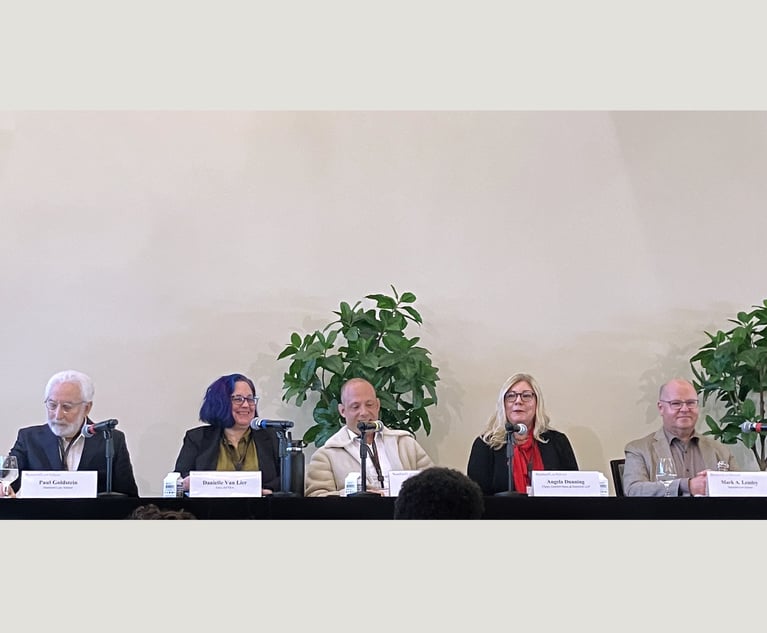More law firms are turning to remote and outsource models to support their administrative tasks. But while those new workflows provide efficiency, administrative providers noted the insights gained from daily, in-person law firm interactions aren’t instantly translated to those new environments.
To be sure, outsourcing administrative services to a third party is an ongoing trend, noted HBR Consulting managing director Lauren Chung. “It’s not anything new,” she said. ”I think there’s heightened awareness and a desire to explore what outsourcing can do because of what’s going on in our environment.”
Indeed, the likes of Akin Gump Strauss Hauer & Feld; Orrick, Herrington & Sutcliffe and other elite law firms have been outsourcing back-office support as early as 2001, The American Lawyer noted.
Firms remotely supporting an administrative task is also nothing new, Chung noted.
On Sept. 15 Winston & Strawn joined the growing list of firms adjusting their staffing to meet new administrative needs. The firm launched Winston Resource Center to provide 24-7 professional support services for its attorneys and clients. Winston & Strawn noted the remote center would mean the elimination of some staff positions, but was needed “in response to a fundamental shift across the legal industry in how clients and lawyers interact,” according to a press statement provided to The American Lawyer.
Exigent co-founder and global managing director Nicola Stott noted law firms providing virtualized administrative staffing usually cuts costs and allows remaining in-house secretaries to focus on client relationship building.
“The typical benefits they see from getting to a remote workforce is of course the cost efficiency piece and they have been able to make the work of their [personal assistants] more interesting by removing the lower-level, document production work [and] adding value to the client onboarding process,” said Stott.
But for some law firms, outsourcing administrative tasks to a third party lifts an “administrative burden,” said Williams Lea CEO Clare Hart. “If you virtualize it, you still own it,” she added.
Indeed, Thompson Knight COO Keith Whitman said the firm didn’t consider remotely filling some administrative positions before partnering with Williams Lea to launch TK Administrative Resource Center for document processing, marketing and other cross-functional services. Instead, he wanted to quickly adopt new efficiencies via outsourcing.
“This is a quicker ability to adopt new technologies and processes and we could insert that into our operations quickly,” said Whitman. “Our clients need this today and we recognized there are folks already doing this in the market and benefiting from it.”
But legal administration providers noted that while their processes provide efficiency, the nuances of individual law firms aren’t instantly translated when shifting tasks to a third party or remote workforce.
“What an outsourced and remote team doesn’t have, that an in-house team has, is that intimate knowledge of the fee earners, how the firm works and all of that stuff you get when you work in that environment,” Stott noted. ”For a lot of law firms it’s typical for a PA and secretaries to be long-standing members of the staff.”
Still, Hart noted that at least some institutional knowledge can be automated. “It’s also about transfer of institutional knowledge; the perception that you need to be on-site to have that institutional knowledge is slowly eroding,” she said. “The systems and technology can take the place of a lot of institutional knowledge.”
NOT FOR REPRINT
© 2024 ALM Global, LLC, All Rights Reserved. Request academic re-use from www.copyright.com. All other uses, submit a request to [email protected]. For more information visit Asset & Logo Licensing.

 (Photo: goodluz/Shutterstock)
(Photo: goodluz/Shutterstock)








